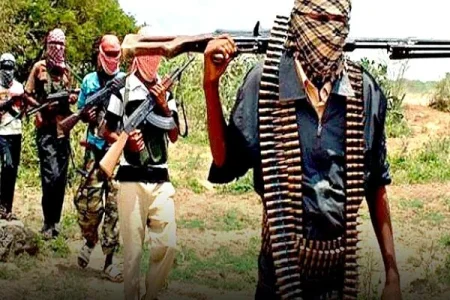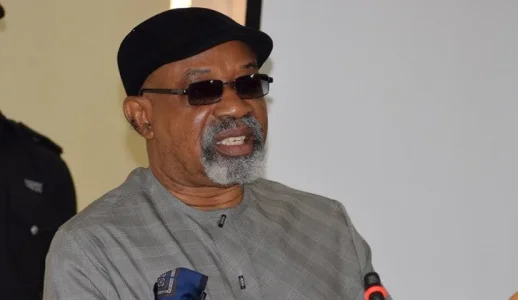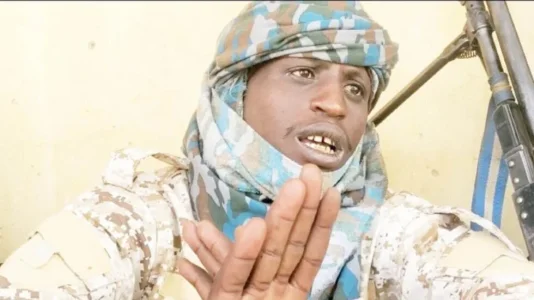
A new terrorist group, Mahmuda, has emerged in North-Central Nigeria, launching deadly attacks on rural communities near Kainji Lake National Park. Over 15 people were killed in an assault on Kemaanji, with residents reporting kidnappings and ransom demands. The group is spreading fear, threatening further violence across the region.
A newly emerged terrorist group known as Mahmuda has launched a series of deadly attacks in North-Central Nigeria, targeting rural communities and causing widespread fear. The group is believed to operate in the vicinity of the Kainji Lake National Park, which spans parts of Kwara and Niger states. Its latest attack, which took place on Wednesday, left over 15 people dead, including members of a local vigilante group. The affected communities include Kemaanji, Tenebo, Baabete, Nuku, and Nanu in the Kaiama and Baruten Local Government Areas of Kwara State, and Babana and Wawa districts in the Borgu Local Government Area of Niger State.
According to local sources, Mahmuda militants have been terrorizing the region, carrying out brutal attacks on villages, and spreading fear through voice messages from their leader. These messages reportedly contain threats against surrounding communities, warning them of more violence if they do not comply with their demands. The group is known for killing, kidnapping, and extorting ransom from victims. One resident described the group's tactics as "ruthless," adding that the attackers have been targeting both civilians and security forces alike.
The emergence of Mahmuda adds to the growing list of insurgent groups operating in Nigeria, exacerbating the already fragile security situation in the region. Local authorities have yet to respond officially, but concerns about the rising violence are mounting. Experts warn that unless swift action is taken, the group could become a serious threat, not just in the affected regions but across the broader North-Central zone.
The Nigerian government’s response to the attack is still unfolding, and there are calls from both local leaders and security experts for more robust measures to address the growing insurgent activity in the area. As the government seeks to regain control, the people in these rural areas remain vulnerable to further attacks, with limited protection from local security forces.
Mahmuda's emergence has sparked outrage and fear, with many questioning the effectiveness of ongoing counterterrorism efforts in the country. The situation is evolving rapidly, and Nigeria’s security forces are under increasing pressure to address the threat posed by this new group before it escalates further.




